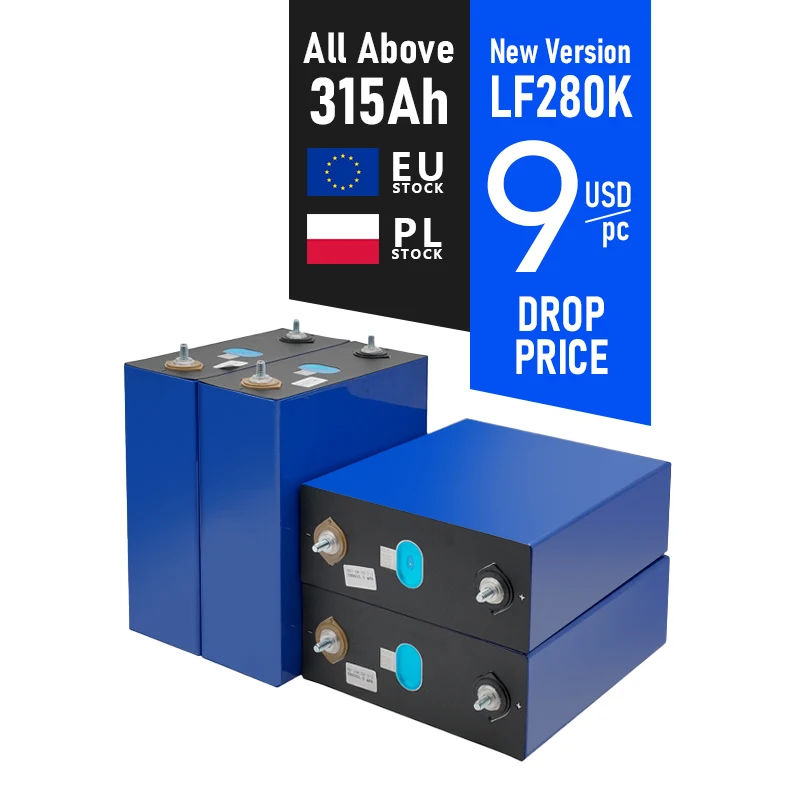So if someone stole my batteries out the van (think they may have a hernia now if they did!) what would I do?
Would I buy the Northstar NSB 210FT Blue+ batteries again? or would I get Relion RB100 Lithiums?
The For and Against for both for MY specific requirements...
Costs
Got
3 x NSB 210FT Blue+ Batteries. They provide a total of 645Ah (@C20) - That is a usable 322Ah at 50% DoD (they can go safely lower if need be, but we will stay with 50%
If I got 3 x RB100, I will get 300Ah usable if I take them down to 100% DOD, but that will significantly hurt the life, so let's get
4 x RB100 Units - 360Ah usable at 80% DoD, but with flexibility to go lower it need be.
At 50% DoD, the
NSB 210FTs have a Discharge/Charge Cycle of 2050
At 80% DoD, the
RB100s have a Discharge/Charge Cycle of 7000 until they drop to 70% capacity (so let's just say 7000)
RB100 costs £900 each, so Bank of 4 will be £3,600; Cost per USABLE Amp (at 80% DOD) is £11.25/Ah
210FT costs £563 each, so Bank of 3 will be £1,689; Cost per USABLE Amp (at 80% DOD) is £5.24/Ah
so the Lithiums are around twice the price to buy, but will last 3.5 times longer - so
if you think you will get to the point of using over 4,100 cycles, then Lithium is the winner on cost
Caveat: 4,100 cycles are a lot though. if you were to use over 300Ah a day every day, it would take over 11 years to get to that point!
£5.25/Ah is still not a cheap cost. comparing against a basic common "Leisure" Battery, that could be £100 for a 100Ah battery, so just £2.00/Ah - much cheaper! But those batteries have a very low cycle count. If you took one of those down to 50% DOD each day, you would be looking at changing them within the year. Works out both inconvenient AND expensive.
When looking at the cost per Ah PER Cycle, the basic cheap battery would actually be nearly 4 times the cost of the NSBs and nearly 6 times the cost of the Lithiums.
Of course, if you are a weekend use only, and use campsites with hookup a lot, then fancy expensive batteries are a waste of money basically and you may as well go cheap. The sensible cost-effective choice in that situation
Space and Weight
As we all know, Lithiums are a lot lighter and take up less room
the 4 x
RB100 will weigh just 54Kg; the 3 x
NSB 210FTs will be 210Kg. For me, that weight makes no difference as I have plenty of Payload. a lighter van might well have a different outcome
Space wise - you would take around half the physical space. Again, ok for me with the bigger batteries, but could be different for others.
Conclusion
For my requirements, the Northstar NSB 210FT Blue+ make the most sense out of the two options as it is very likely the lifecycle count 2050 will outlive my needs, let alone the 7000 cycles of the Lithium.
As it happens, both the RB100 Battery and the Northstars were used batteries and the cost of the 210FTs per Ah were less than a basic cheap "Leisure" battery, so if anyone does wonder about the wisdom of paying even £5.25/Ah, I didn't 

